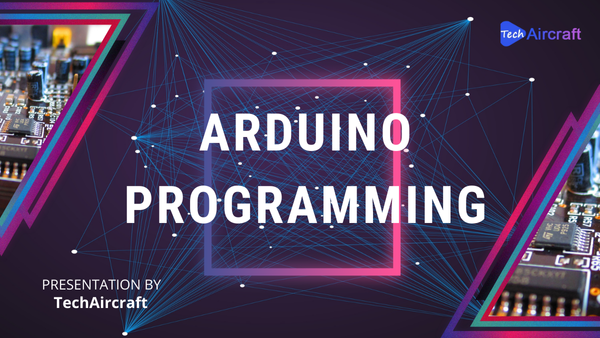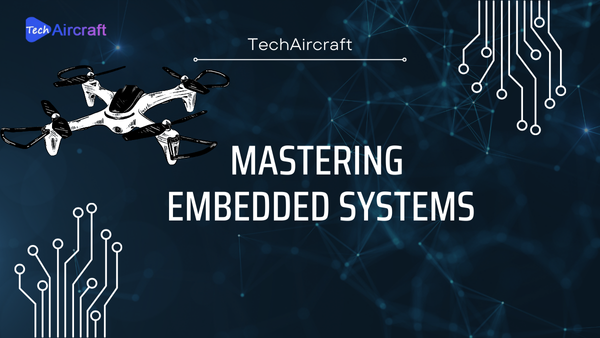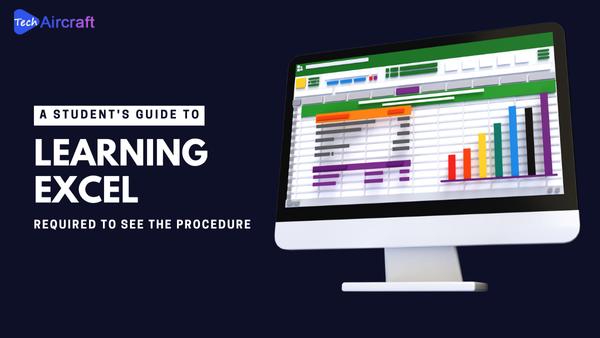OUR TOP courses

About Course
“Arduino Programming: Empowering creativity through code to bring DIY electronics projects to life.
The Arduino Programming course provides comprehensive instruction on using Arduino microcontrollers to create interactive electronics projects. Participants learn fundamental programming concepts and how to interface with various sensors, actuators, and displays. Through hands-on exercises and project-based learning, the course covers:
Basic Electronics: Understanding circuits, components, and how to connect them to Arduino boards.
Arduino IDE: Introduction to the Arduino Integrated Development Environment (IDE) for writing, compiling, and uploading code.
Programming Concepts: Learning programming fundamentals such as variables, control structures (loops and conditionals), functions, and object-oriented concepts if applicable.
Sensor Integration: Using sensors (e.g., temperature, humidity, motion) to collect data and trigger actions.
Actuator Control: Controlling actuators (e.g., LEDs, motors, servos) based on input from sensors or user commands.
Communication Protocols: Implementing communication protocols like Serial, I2C, and SPI for connecting Arduino to other devices.
Project Development: Building practical projects step-by-step, applying learned concepts to create interactive gadgets, robots, data loggers, and more.
Troubleshooting: Debugging and troubleshooting common issues in hardware and software integration.
Course Content
Introduction
02:17Getting started with Arduino Simulation
09:18Interfacing LED with Arduino
11:01Interfacing Switch with Arduino
08:11Controlling LED via Button
06:15Working of a Relay
11:23Interfacing PIR Sensor
04:28Taking Analog Input
06:18Interfacing Buzzer
02:49Home Automation Project
18:14




